Did you know that recipes are not copyrightable? It is very challenging to copyright a recipe. That said, I have found that 99.99% of food bloggers and others in the industry give credit where it is due. On that note, I especially enjoy Lillian’s interpretation of my recipes via video on her site Lillian’s Test Kitchen. And kudos go to all the other bloggers out there doing what Lillian does day in and day out.
Unfortunately, sometimes things can go awry when it comes to recipe usage. And here’s an example of that. A couple of months ago, I received a comment from one of my readers regarding a recipe for gluten free pancakes on my website.
Oh, one odd thing… I used a brand of almond flour that I found at a local health food store called Dowd & Rogers and they had the exact same pancake recipe printed on the back of the bag. The only difference is that they said to mix in a blender (instead of saying the Vitamix brand). Not sure if it means anything but thought Elana may want to know…
That was a message from katie h, one of my readers, and I didn’t take it too seriously. However, weeks later, when I compared the two recipes I could see right away what she was talking about.
2 large eggs
¼ cup agave
1 tablespoon vanilla
½ cup water
1 ½ cups almond flour
½ teaspoon salt
½ teaspoon baking soda
grapeseed oil for sautéing
- In a vitamix, combine eggs, agave, vanilla and water and blend on high until smooth
- Add almond flour, salt and baking soda and blend again to incorporate dry ingredients into batter
- Warm grapeseed oil in a large skillet over medium heat
- Pour pancake batter onto skillet
- Pancakes will form little bubbles, when bubbles open, flip pancakes over and cook other side
- Remove from heat to a plate
- Repeat process with remaining batter, adding more oil to skillet as needed
* The funniest part of all this is that this isn’t my best pancake recipe
So, I contacted the parent company, the Neutraceutical Corporation of Dowd & Rogers and this is what I was told:
The law regarding copyrightability of food recipes is very clear: recipes are not copyrightable… In short, your letter alleging copyright protection in a recipe is completely meritless.
This legalese seems to be saying that Dowd & Rogers and their parent company the Neutraceutical Corporation can use as many of my (and your) recipes as they like to sell their products. And that they do not need to give any of us credit.
I have more than 350 recipes on this site and after receiving a letter such as the above start to wonder which one Dowd & Rogers will help themselves to next.
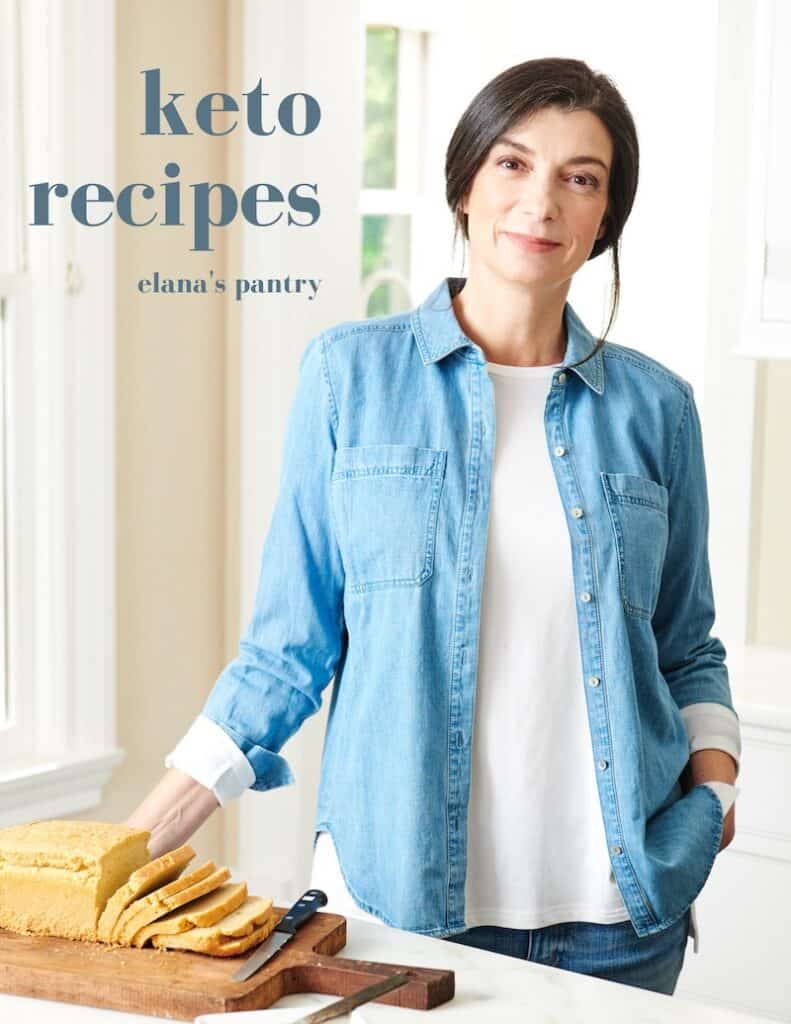
Free exclusive eBook, plus recipes and health tips, delivered to your inbox.
I’m not a lawyer, however, something seems amiss here. Wonder if any of you have run into this as well.
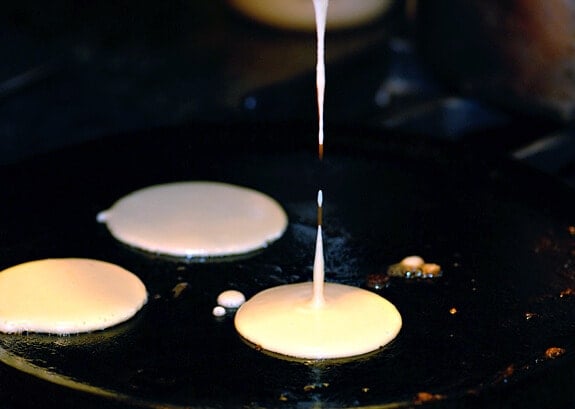
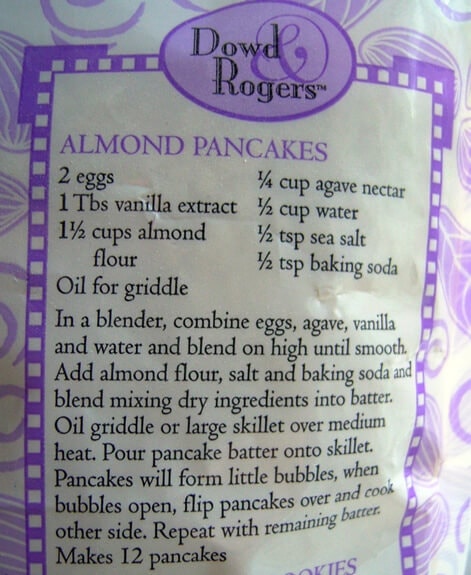
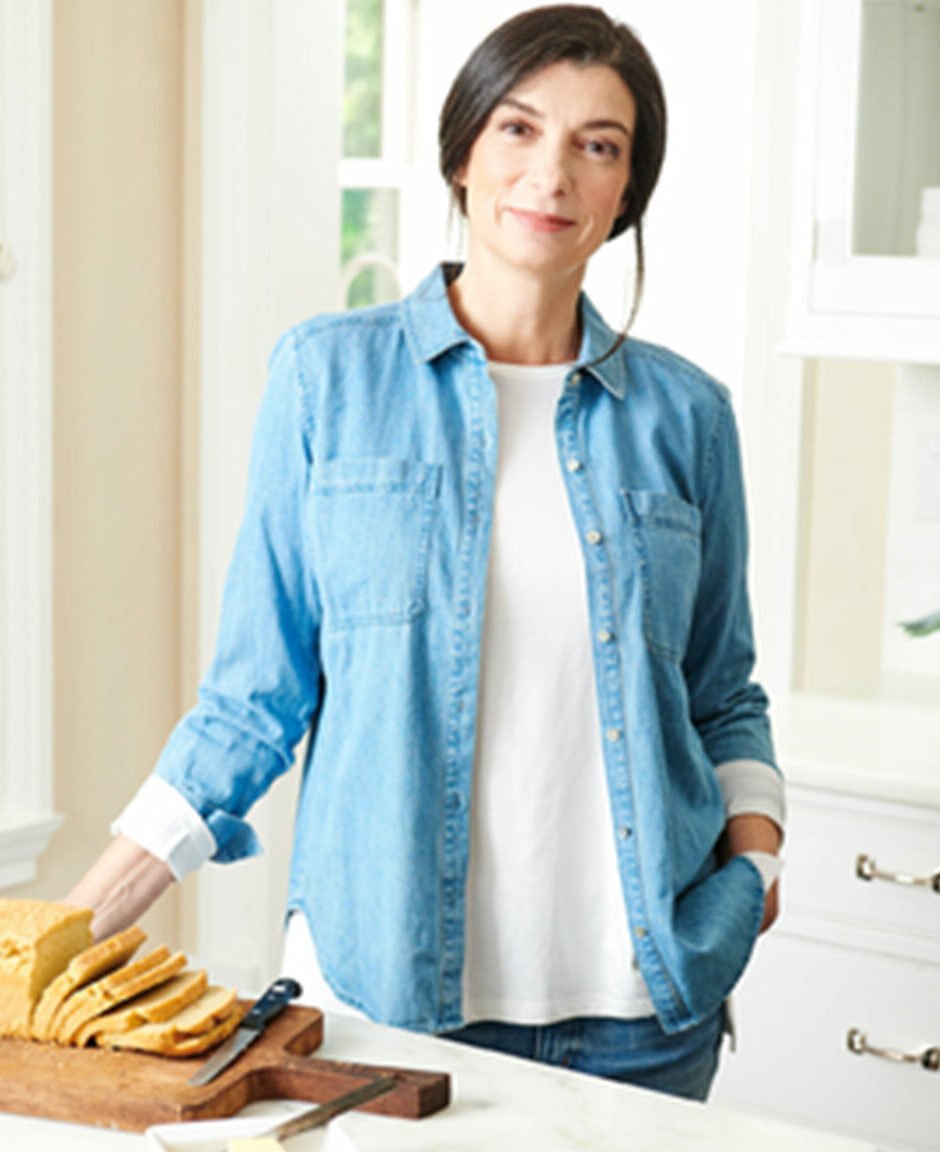
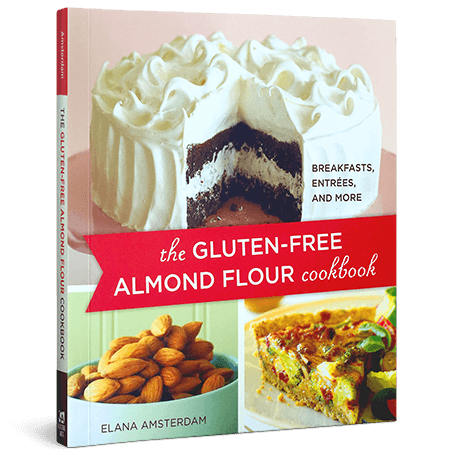
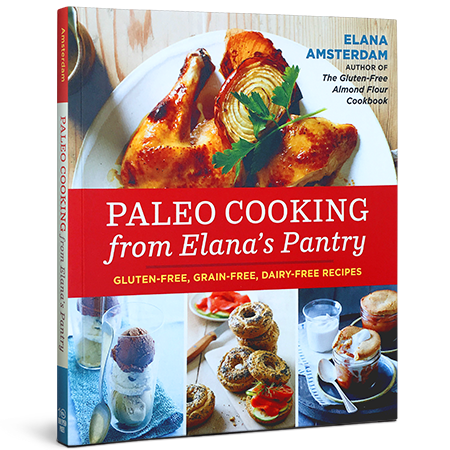
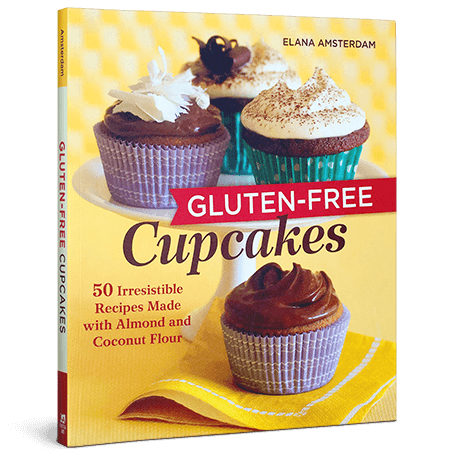
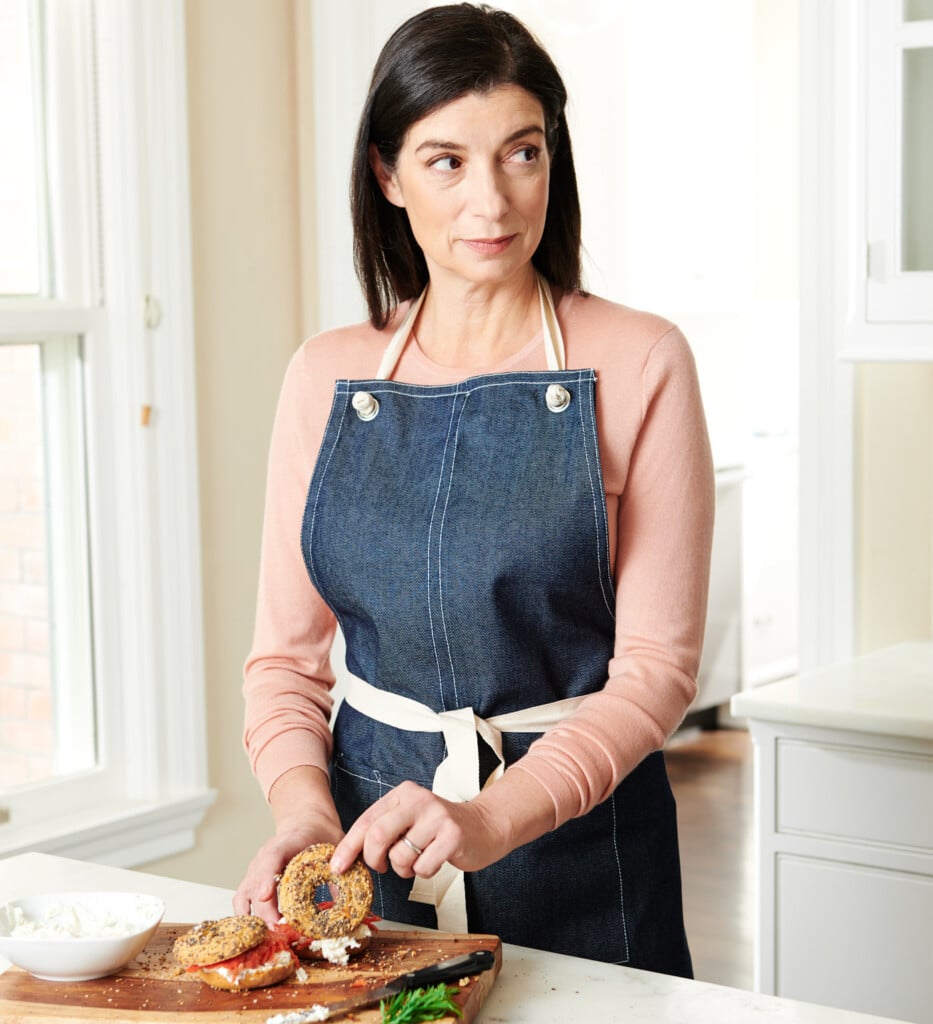
Liz says
A recipe can be a trade secret. The recipe for Coca-Cola is a trade secret, as is the recipe for the colonel’s seven herbs and spices (Kentucky Fried Chicken). Instead of relying on the reply of a potential competitor’s legal team, whose job it is to promote the competitor and not you, read up on the topic.
One place to start is https://www.webstaurantstore.com/article/57/protecting-your-recipes-trade-secrets-and-patents.html. The other is the U.S. Patent and Trademark Office (USPTO).
Elana says
Thanks Liz!
Jennifer says
I was wondering since a book is copyrightable does this mean that a cookbook is not? And if it is then souldn’t a recipe that is published in one of your books be covered under copyright law? I do agree with you though you have better pancake recipes. It wouldn’t have taken them that much to give you credit on the packaging “via Elanas pantry website”, than it becomes a win-win situation.
edibleangela says
I have blogged very little content from my book ‘Edible’ for this very reason. i read up on and it as far as I understand, the ingredients aren’t copyrightable, but there can be some claim when methodology is copied word for word. Sorry to hear that!
Larry says
This is the same problem with any formula or recipe. A different person or company can use your recipe under what is called the Fair Use Doctrine. This is why you can take quote from a book or a picture and use it in your blog or other writings without having to pay royalties.
I agree with another post that unless you can prove that the recipe is yours, that is what any lawyer will tell you, you have no legal rights to claim a copyright.
This is all making a mountain out of a mole hill. I would surmise that if anyone were to search for gluten free pancake recipe on celiac.org they would find ‘your’ recipe without any citation.
To agree with a different post, there are only so many ways to combine ingredients that are palatable. Many scientists as well as cooks come to the same ends independently. Forget about this and move on.